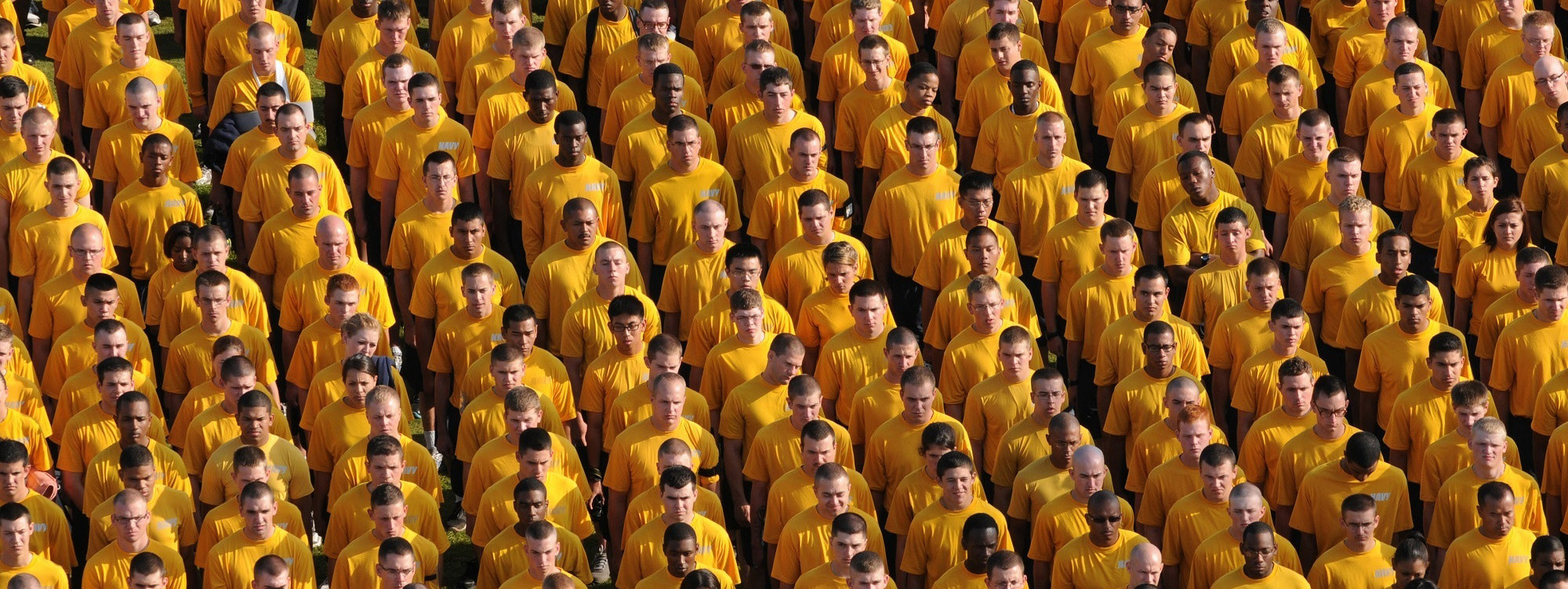
This week I’d like to take some time and space to unpack one of the “Learning Shames” that I wrote about last week:
• Body Shame: It’s bad that my body is not like your body, doesn’t look like your body or move like your body. There is a body norm and I am not it.
When I feel embarrassment or shame as a teacher, it can be really charged. I tend to speed up and spin out. Intellectually I know embodied learning takes time but I can’t always take the time I need. Slowing down would be great, but that’s not what we do because when you slow down, you feel everything fully! Duh! Who wants to do that??? Well, the price we pay for not feeling our bodies and emotions is frankly getting a little bit too high these days. Like, a threat to life on the planet high.
I wonder if body shame is the result of the fact that our culture does not really value diversity. All of us are affected by this whether we know it or not. We instinctively do not want to stand out from “the crowd” because history shows us that it’s not safe.
Recently I made some mistakes in one of my Mastermind groups around understanding what life is like for people who live with a disability. I just didn’t get how often this label means people don’t see you or hear you. After my painful mistake I did some research. I started reading “Whistling Vivaldi” by Claude M. Steele. It’s about how just the threat of being stereotyped affects us physiologically – how we know about them (the ones others hold about us) and are unconsciously affected. Unfortunately, the extra effort this takes seems to be key factor in under-performance. We are not able to express our full capabilities and intelligence because internally dealing with the stereotype takes up so much energy. It’s exhausting and can cause our health to deteriorate.
This book is very good, I get into it, so I look in the index for “disability” to expand my understanding…but there was no entry. In a book about the damage that stereotype threat causes there is no research on disability as an issue. That’s how invisible disability can be! It’s not included in the cover design of the book either.
So now I understand that a person with a disability may be on edge, and that the edge is real. When they are not heard, it’s an experience that can touch on old wounds that haven’t had time to heal. And this is what makes embodied learning so different and so important – our lives are often not in books! They are in our bodies! We have to listen, or what we have inside us will never be known.
In my case, my old wounds around not wanting to upset people because I won’t be safe – those wounds meant that I speeded up and rushed over a moment that was tender and needed more space. If I had just paused, and given myself the time to be confused, charged, and to ask for the time I needed, I might not have caused pain for others. Our ableist culture wants us to keep on rushing so fast that we can’t think, feel, and change.
Learning takes the time that it takes. It’s like digestion – you take a taste of something, then you say OK, I’ll take this into my body. I’ll eat it. Eating is one of those things that brings up the importance of consent – to force someone to eat something is a form of torture. We must at the very least make space for consciously giving consent – saying yes, I will listen, yes, I will learn. Yes, I will taste what it’s like to be you.

Clare, that last line is poetry!
Thank you for this post. As someone with an invisible disability I feel unseen much of the time, and often feel I am underperforming in my seen life, though I know that I am working incredibly hard where most people can’t see it. It’s good to have my experience validated.